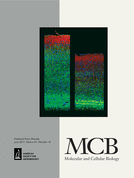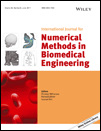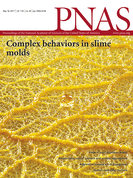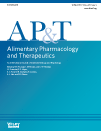 An EMBO journal has issued a correction for a well-cited 2012 review co-authored by a cancer researcher under investigation.
An EMBO journal has issued a correction for a well-cited 2012 review co-authored by a cancer researcher under investigation.
Carlo Croce, the last author on the review, has been beleaguered by misconduct accusations that have followed him for years (recently described in a lengthy article in the New York Times), and his university has recently re-opened an investigation into his work.
By our count, Croce — based at The Ohio State University — has logged six retractions, along with multiple expressions of concerns and corrections. The latest correction, in EMBO Molecular Medicine, notes the review lifted passages from multiple publications — and was in turn reused in later papers, as well.
Here’s the notice:
Continue reading OSU researcher under investigation corrects paper cited 500 times
 After a paper is published, how long should a journal consider allegations of misconduct? For one journal, that answer is: Six years.
After a paper is published, how long should a journal consider allegations of misconduct? For one journal, that answer is: Six years. Science Translational Medicine has retracted a paper by researchers based in Switzerland, after an investigation concluded two figures had been manipulated.
Science Translational Medicine has retracted a paper by researchers based in Switzerland, after an investigation concluded two figures had been manipulated. Sometimes, even a short notice catches our attention.
Sometimes, even a short notice catches our attention. After issuing a retraction notice May 30 for a biomedical engineering paper, the journal has
After issuing a retraction notice May 30 for a biomedical engineering paper, the journal has  The fallout continues for a study conducted at a local CrossFit gym by researchers at The Ohio State University. First
The fallout continues for a study conducted at a local CrossFit gym by researchers at The Ohio State University. First  This week, the New England Journal of Medicine issued a type of editor’s note we’ve never seen before, on a
This week, the New England Journal of Medicine issued a type of editor’s note we’ve never seen before, on a 

 A gastroenterology and hepatology journal has retracted a 2017 review after discovering it included data “accessible only during peer review for another journal.”
A gastroenterology and hepatology journal has retracted a 2017 review after discovering it included data “accessible only during peer review for another journal.”